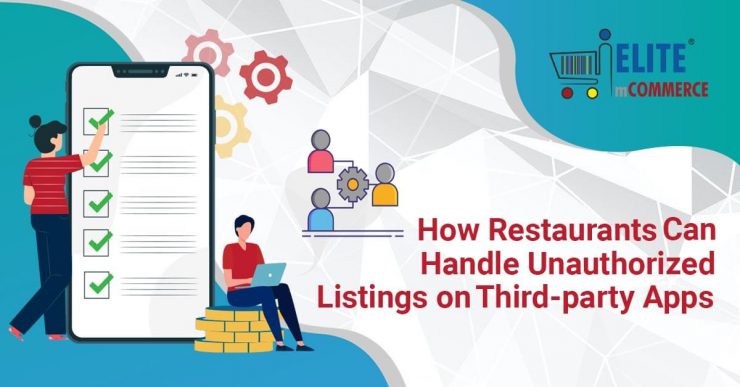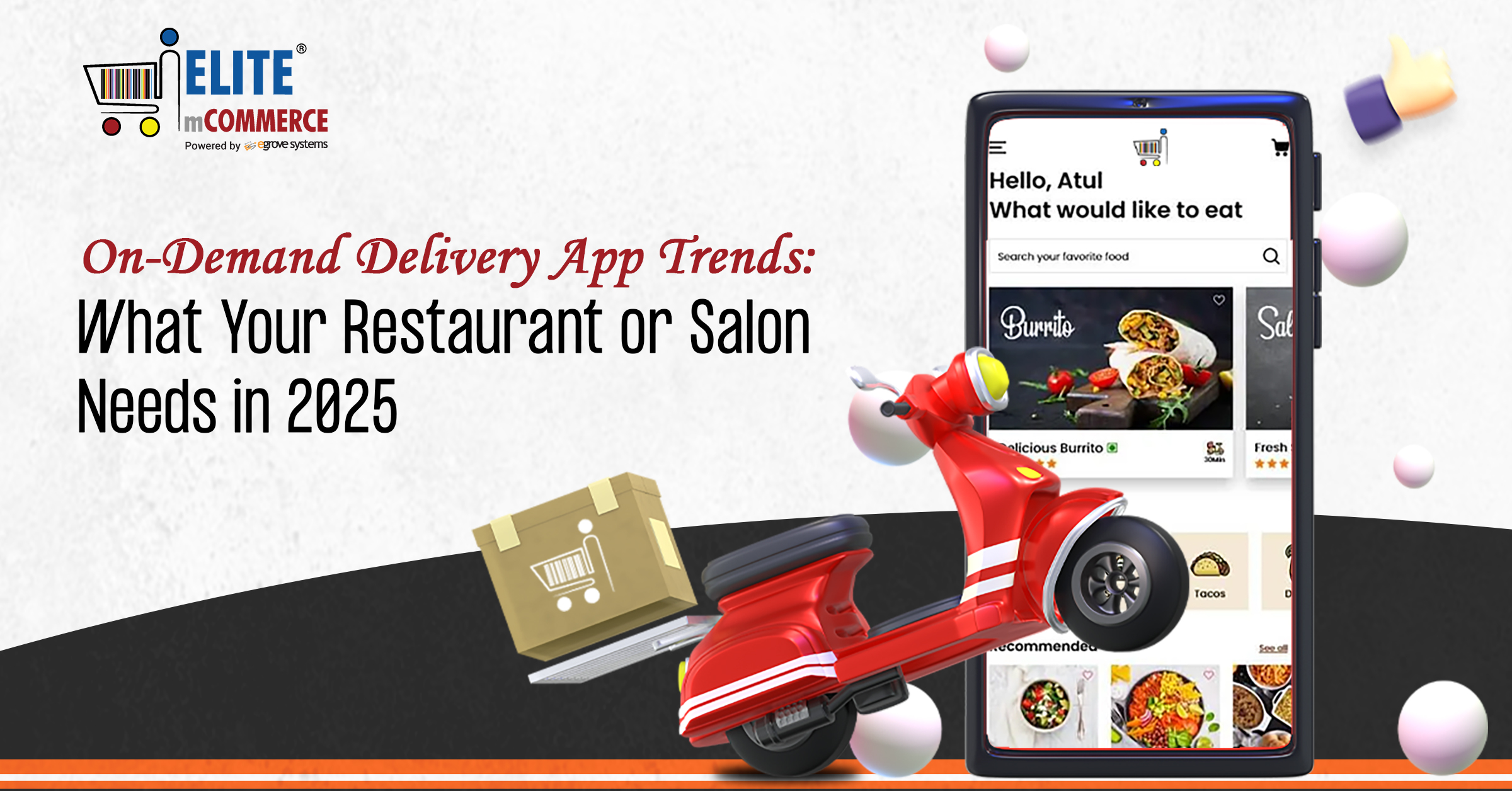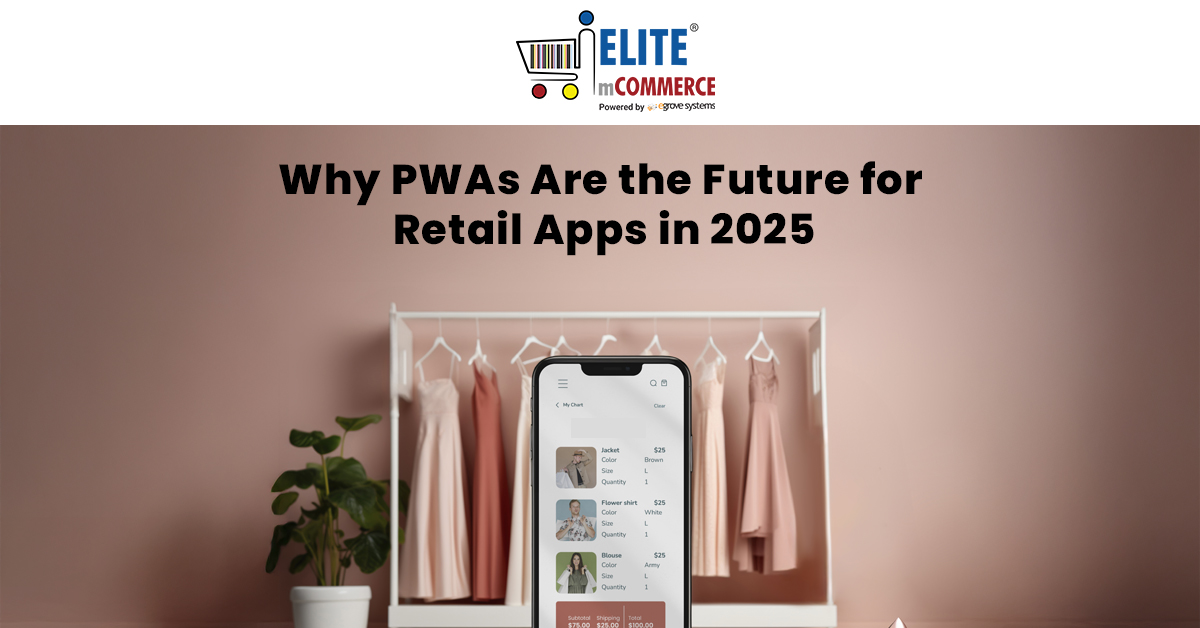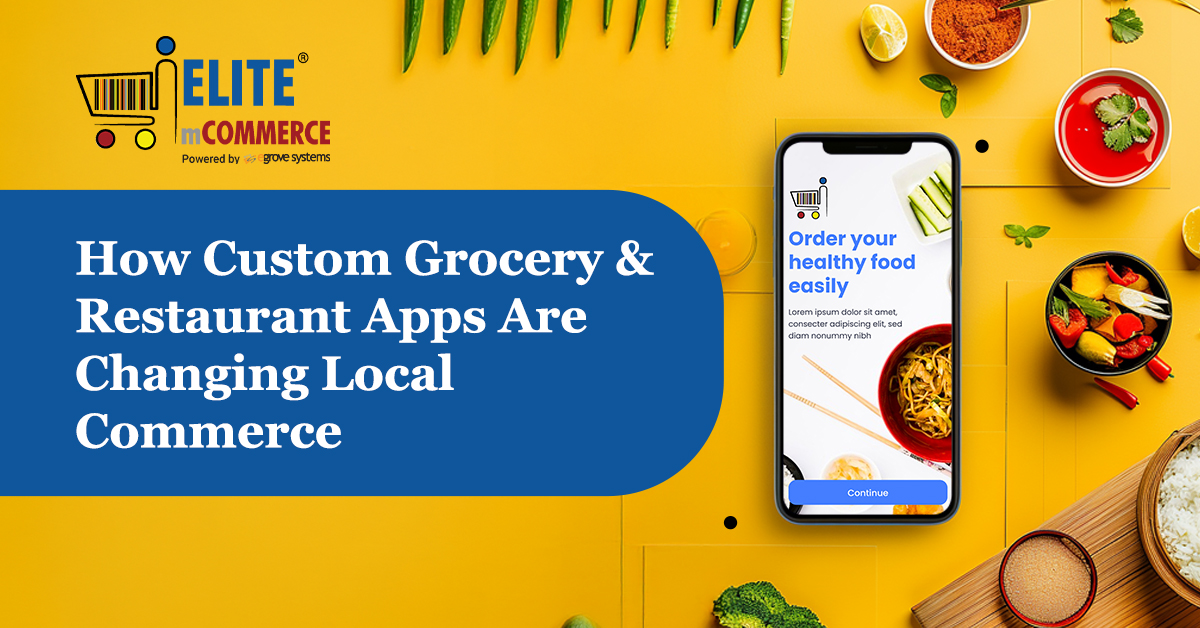Third-party restaurant delivery platforms such as DoorDash, Postmates, Uber Eats, and Grubhub makes up the majority of orders through mobile apps, but not all restaurants choose to use these mobile ordering apps. These platforms have taken the approach of listing thousands of restaurants without permission, which can cause harm to their brand and customer satisfaction even though they get paid. Restaurants may want to check if their location is listed without their knowledge and remove them.
How do unauthorized listings work?
In general, third-party platforms partner with restaurants and let people order from them while taking commissions and delivery fees. However, third-party platforms are competing with one another to get the most restaurants on their service so customers will use them for all of their orders. In order to get the most restaurants listed on their platform, they add restaurants without their permission, taking information such as addresses and menus from the restaurant’s website. Different mobile apps have employed this approach from time to time, but recently the issue has come up again as companies try to show how many restaurants they offer. Grubhub added 150,000 non-partnered restaurants in comparison to 15,000 new partnered brands in the last quarter of 2019, a change from its previous approach.
How do they harm restaurants?
Since non-partnered restaurants are added without their agreement, they don’t have to pay commissions. The restaurant delivery app pays them the full price of the pickup order and then delivers it. However, they still harm restaurants in other ways. Third-party apps may use incorrect information such as old menus and prices, and custom orders may not be passed on accurately. They may get a bad impression of the restaurant because of its presentation or high pricing on the app. They may also be upset by late or poor-quality delivery, even if the restaurant had no involvement.
In addition, the third-party listing can dominate online search results and keep the restaurant’s own web presence from being found. You will lose valuable customer data and connections to your customers.
Customers who have a bad experience may choose to not buy meals from the restaurant again or post negative reviews, even if the problems had nothing to do with the restaurant.
Read also :- Know the difference! Food Delivery apps vs. Food Aggregator
What to do if your restaurant has an unauthorized listing
If you don’t want to allow non-partnered listings, it’s best to ask that they get taken down, but this may be difficult. First, you should disclose to customers in-person and on social media that these listings aren’t supported by your restaurant and provide links to the correct website and mobile food delivery app you prefer them to use.
Each third-party platform may have its own form for requesting that the listing be removed. They will offer restaurants to join their service voluntarily; however, restaurants may not want to pay high commissions and fees through their platform.
DoorDash suggests filling out their contact support form which is found here, entering store information and choosing the Account Support category. DoorDash says that it may take 24-48 hours for permanent deactivation.
Uber Eats provides a form where you can submit your restaurant’s details here and describe how you want your listing removed.
Postmates has a form for businesses to submit about being on their platform here, however, it offers no guarantee that it can be used to remove your listing since Postmates regularly lists businesses of all kinds without their permission so its contractors can deliver from them for their customers.
Grubhub doesn’t offer any help form that can be used to contact them. However, you can email them at restaurants@grubhub.com and request your restaurant’s listing be removed. Grubhub’s integration with Yelp lets people order from Yelp pages but stopped including the non-partnered listings at Yelp’s request.
Pursuing these requests and promoting your own website and mobile restaurant ordering and the delivery app can get customers to connect directly with your business instead of through a third-party platform.









Add comment